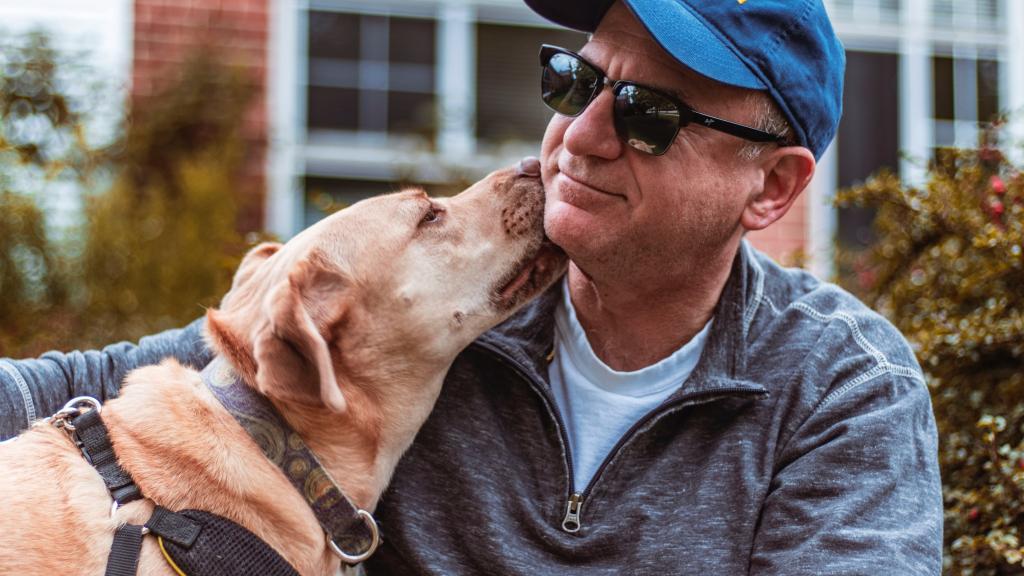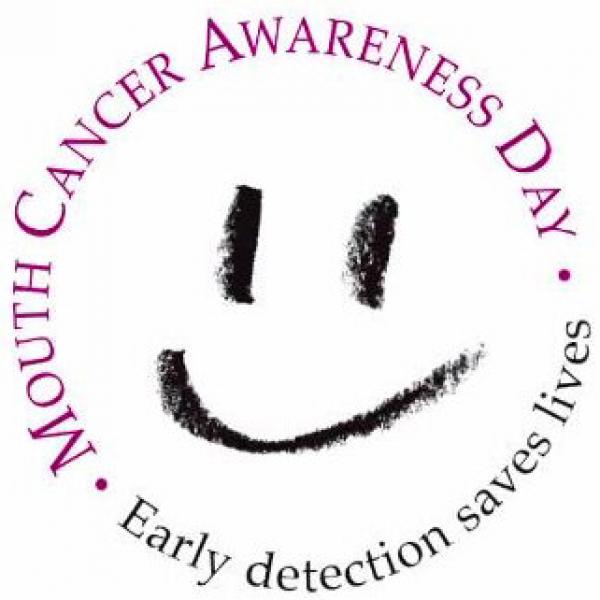
Mouth, head and neck cancer
Mouth, head and neck cancers affect about 800 people in Ireland each year. They include all cancers affecting the organs and tissues of the mouth, head or neck.
Treatments include surgery, chemotherapy, radiotherapy and internal radiotherapy (brachytherapy), depending on the type.
On this page:
What is mouth, head and neck cancer?
Mouth, head and neck cancer describes different cancers that happen in the organs and tissues of the mouth, head or neck.
This includes oral cancers (lips, tongue and base of the tongue, gums, cheeks, roof of your mouth), the back and side walls of your throat, your nose, ear, salivary glands, eye, larynx and thyroid.
Cancer starts when cells grow in an abnormal way. As they grow, the cancer cells can form a tumour, which can affect how the organ or tissue normally works.

Where can mouth, head and neck cancer happen?
There are many areas of the mouth, head and neck where cancer can occur and includes:
- Oral cavity (mouth) cancer
- Laryngeal (voice box) cancer
- Pharyngeal (throat) cancer - including cancer of the nasopharynx, oropharynx and hypopharynx
- Salivary gland cancer. This is rare. Lumps in the salivary gland are common and usually harmless, but get any lumps checked out.
- Nasal and paranasal sinus cancer
- Cancer of the base of tongue and tonsils
- Upper oesphageal (food pipe) cancer
- Cancer of the head and neck lymph nodes - either as primary disease (lymphoma) or as secondary spread of other tumours
- Cancer involving the base of the skull
- Cancer of the ear: This is rare.
- Cancer of the eye: This is very rare.
- Cancer of the thyroid: The thyroid gland is in the front of your neck above your voice box. We have a separate section on thyroid cancer.
Over 1,000 people are diagnosed with these cancers every year in Ireland.*
The UK charity CRUK has information on rarer types of head and neck cancers. See our rare cancer page for more.
Describing mouth, head and neck cancers
The different mouth, head and neck cancers are named after the type of cell where the cancer first started to grow. For example:
Squamous cell cancers (carcinomas)
Cancers that start in the squamous cells lining your mouth, nose, throat, tongue or ear. Most head and neck cancers are squamous cell cancers.
Lymphomas
Cancers that start in lymphatic system cells and travel to areas of your head and neck.
Sarcomas
Cancers that grow in muscle, cartilage and blood vessels around your head and neck.
Melanomas
Cancers that grow in the pigment cells that give colour to your skin and eyes. They can also start in the cells that line your mouth.
More information about mouth, head and neck cancer
The Irish Head and Neck Society has produced a helpful series of videos on the many different healthcare professionals who could be involved in your care if you are diagnosed with a head and neck cancer.
Click the button below to watch on their website.
More information about a mouth, head or neck cancer diagnosis
More information about mouth, head and neck cancer treatment
For more information about treatments for mouth, head and neck cancer, visit our treatment page. For specific treatment information please use the links below.
Coping with mouth, head and neck cancer treatment and side-effects
Looking for support?
Our cancer support section contains information and advice on coping with cancer for diagnosed patients and their loved ones.

We are members of the Mouth Head and Neck Awareness Ireland Group. Find out more.





Medical content reviewed by: James Paul O’Neill FRCSI, MMSc, MD, MBA, ORL-HNS Professor of Otolaryngology, Head and Neck Surgery; Dr Eoin Cleere, MB BCh MRCSI (ENT); Shirley Baker, Oncology Clinical Nurse Specialist. October 2022
*The Irish Cancer Society uses the most up-to-date cancer statistics from the National Cancer Registry Ireland, available on www.ncri.ie
The Irish Cancer Society uses the most up-to-date cancer statistics from the National Cancer Registry Ireland, available on www.ncri.ie
For more information
Phone
1800 200 700










